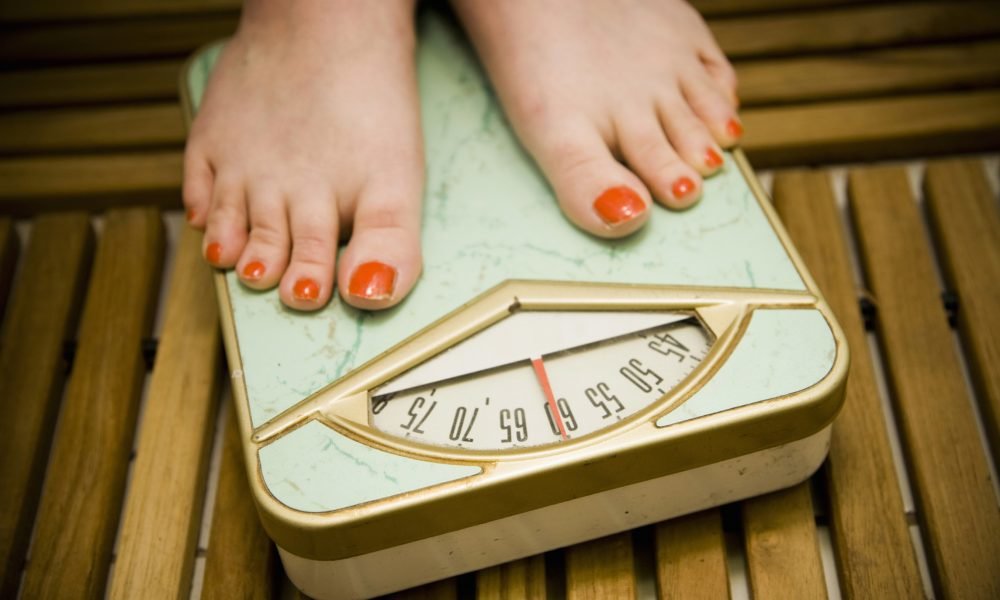
Here’s How You May Be Sabotaging Your Weightloss Efforts

If you have been making an attempt to lose some weight, you most likely already done with the hard job of re-evaluating the food you eat, and have possible amped up your activity levels, too. However there is one crucial part to weight loss you might not have considered—and that is adequate sleep.
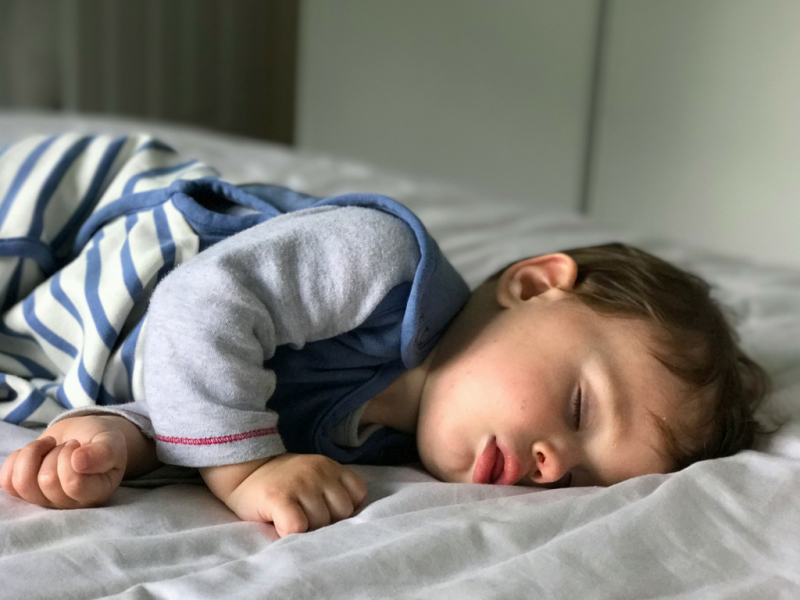
As it seems, there is an incontestable association between obtaining enough sleep and losing weight with success. The National Sleep Foundation or NSF recommends that an adult should get seven to 9 hours of sleep every night, however 2016 CDC data indicates that about one third of adults do not get sleep anywhere near that number because chronic sleep deprivation is very common, and it may be sabotaging your weight-loss strategies. Here’s what you ought to know:
Sleep helps when you work out
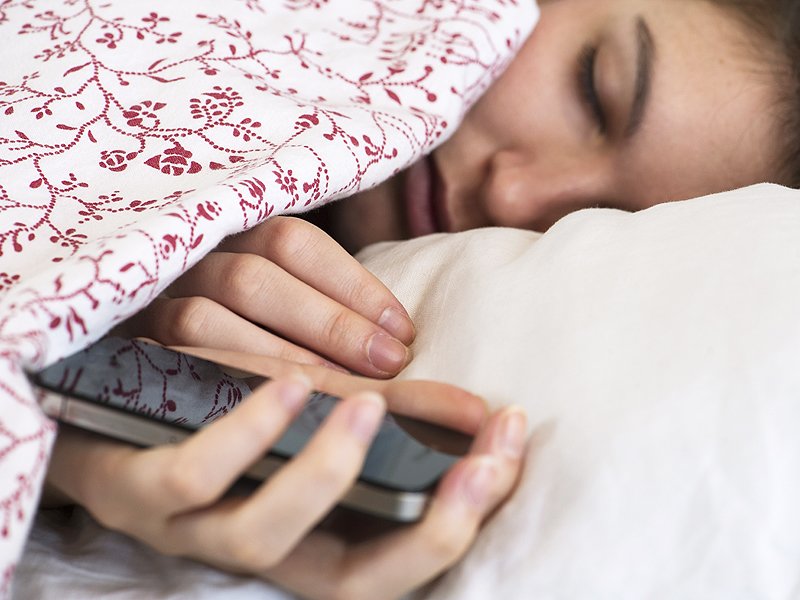
If you are exercising to lose weight, you should note that research shows that your athletic performance gets affected by the lack of a good night’s sleep. And we don’t need to tell you how good sleep is for you after your exercise. So if you want good results from your gym-mania, we suggest you catch up on some zzzs.
Sleep-deprived folks tend to overeat
As sleep deprivation affects those hormones which regulate satiety and appetite, it can lead to poorer food choices and overeating. A study in 2004 found that the hormones leptin and ghrelin are affected by sleep, or the lack of it. Ghrelin stimulates and controls appetite while leptin informs the brain when you’re full. The respondents in the research were asked to keep record of their sleep in a diary while they participated in a controlled sleep study, to check their hormones. At the end of the study, they reported that the people exhibited elevated ghrelin and reduced leptin levels which meant that they experiences an increase in their appetite.
Sleep Deprivation increases craving for unhealthy foods
A big reason for the success of your weight loss regimen is your healthy food choices, but as is observed, sleep deprivation impedes this. Well-rested people and sleep-deprived people were asked to rate some 70+ food items from fruits to junk foods, and they were asked what they wanted to eat the most from the line up. The results showed that those people who got less sleep wanted to consume oily, fatty and high-calorie foodstuff more than the well slept people.
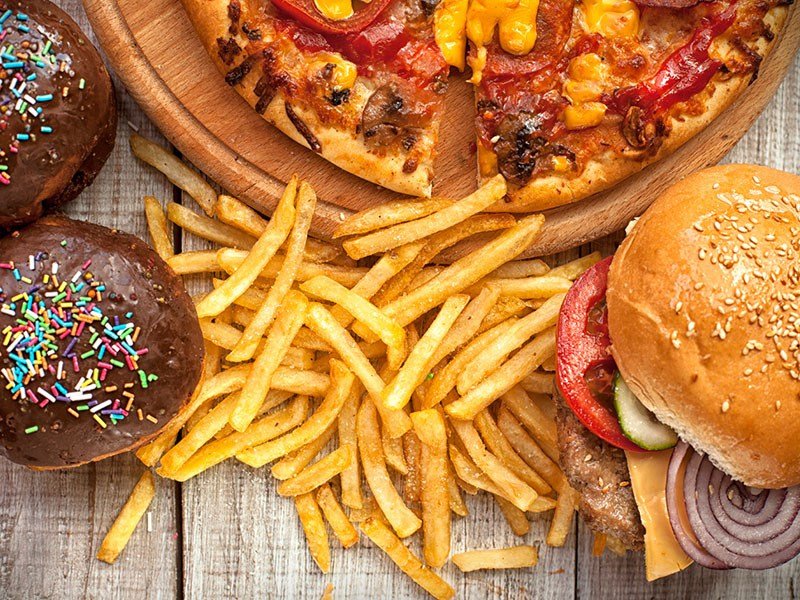
As sleep is supposed to regulate the brain when governing your food choices, sleep deprivation would naturally affect the frontal lobe and alter the state of your brain, thus making us crave junk foods. A disruption in the normal hormone cycle would have us wanting high fat and high sugar foods. A solution to this is as simple as planning ahead. Planning your meals and pre-packing snacks for your work are a good idea, so you can just grab and go. If you’re very tired, it’s okay to reach for packaged food, but be wary of the label of contents to make better decisions. High fiber foods are good, whereas those with sugar and high levels of sodium need to be avoided.
Sleep could regulate insulin and change appetite levels
The body’s response to insulin is affected by sleep. So sleep deprivation only works to increase insulin resistance, i.e the body is less sensitive to the insulin it produces and the way it has to metabolize glucose (a kind of sugar which acts as fuel for the body). The excess of glucose in our bloodstream gets turned to fatty acids and deposits itself in the fat tissues all over the body, thus making us obese.
Sleep-deprived people struggle with self-control
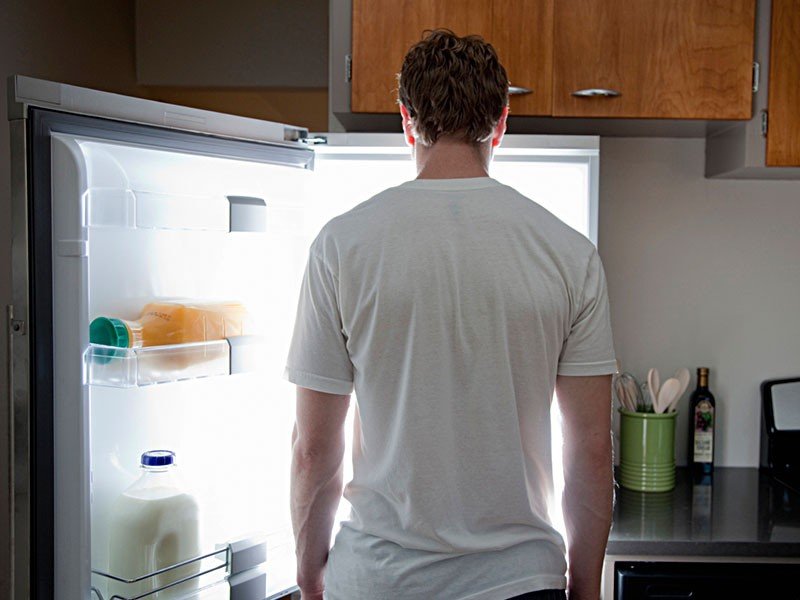
Commitment and routine are necessary for weight loss. While actively staying up on your feet and sticking by a prepared meal plan will do you good, the best of efforts fail if you cannot see your plans through. Believe it or not but your lack of sleep could be leading you to make impulsive decisions and exercise poor self-control. Which would mean that should you not rest well, you could be ditching your work out, eating junk food or making choices which aren’t all that good for you, in case you want to lose weight.
More in Health & Fitness
-
`
How to Build Muscles & Gain Mass After 50
Are you wondering how to build muscle mass after 50? You are not alone. Many people think that hitting the big...
June 20, 2024 -
`
How to Speed Up Your Nose Job Recovery Time
Undergoing a rhinoplasty is an exciting step towards a new appearance, but it comes with a recovery period that requires patience...
June 15, 2024 -
`
Best Tattoo Ideas for Women With Meaning
Are you on the hunt for tattoo ideas for women with meaning? Tattoos are more than just body art; they’re personal...
June 4, 2024 -
`
What Are Actives in Skin Care Products and How Do They Work?
Have you ever sifted through a sea of beauty blogs and stumbled upon the term “actives”? Maybe you’ve seen advice on...
May 31, 2024 -
`
How Long Can Pre Workout Last? Find Out Now!
You lace up your sneakers, pull on your workout gear, and glance at the clock. It’s almost time to hit the...
May 23, 2024 -
`
How Often Should You Get Botox Injections? A Comprehensive Guide
If you’ve ever considered the wonders of Botox, you’re likely familiar with its ability to smooth away those pesky forehead wrinkles...
May 16, 2024 -
`
Why is Dubai’s Popularity Soaring Among Tourists?
Dubai, a name synonymous with extravagance, innovation, and a captivating blend of modern marvels and ancient traditions. This captivating city, nestled...
May 9, 2024 -
`
Maximizing Your Skincare Routine: Learn How to Layer Skincare Products
Navigating the realm of skincare can feel daunting, especially with an array of products to apply. However, fear not! Learning how...
May 1, 2024 -
`
How to Restore Gut Health After Antibiotics – Practical Tips and Strategies
Ever finished a course of antibiotics and felt a rumble in your tummy? You’re not alone. Antibiotics, while crucial for fighting...
April 27, 2024
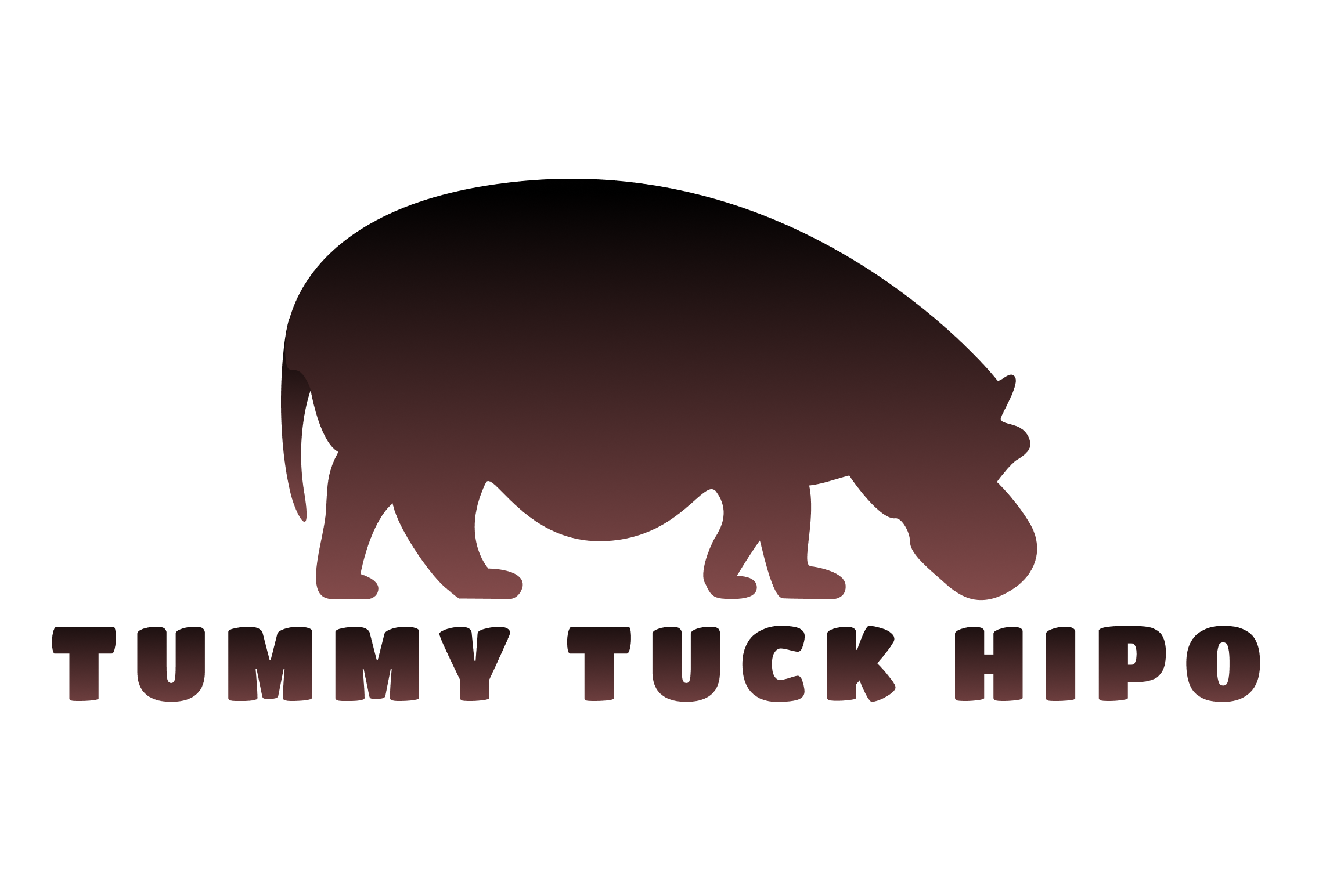
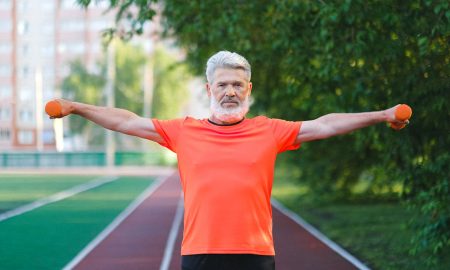
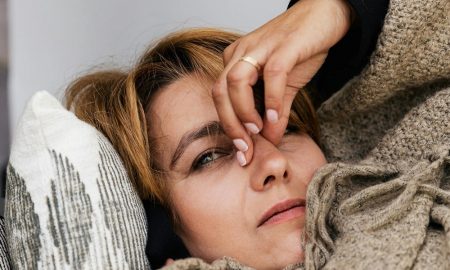

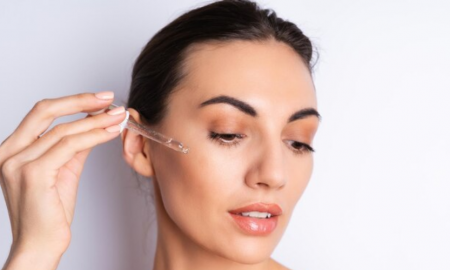










You must be logged in to post a comment Login